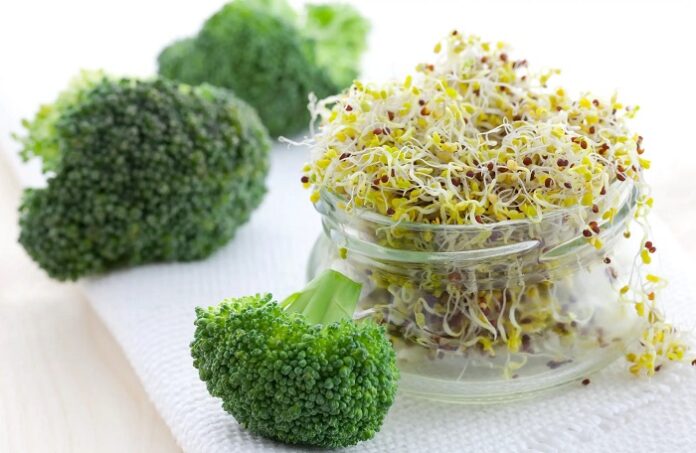The study involved 60 children aged 4-12 with autism spectrum disorder (ASD), dividing them into two groups. One group received sulforaphane along with the antipsychotic medication risperidone, while the control group was given a placebo and risperidone. After 10 weeks, the group treated with sulforaphane showed significantly greater improvements in irritability and hyperactivity/noncompliance scores compared to the placebo group. However, no notable differences were observed in other areas such as lethargy, stereotypic behavior, or inappropriate speech.
These findings suggest that sulforaphane, a natural food extract, could be a safe and supportive treatment option for children with ASD, particularly for managing disruptive behaviors like irritability and hyperactivity. The study’s authors emphasize that current drug treatments for these symptoms often have significant side effects, underscoring the need for gentler alternatives.
As reported by greenmedinfo, the researchers propose that oxidative stress and inflammation may play key roles in ASD. Sulforaphane, as a potent antioxidant and anti-inflammatory agent, might help address these underlying factors. While more research is needed, the study contributes to growing evidence that nutritional approaches could offer beneficial support in managing ASD.
For families coping with the daily challenges of ASD, the potential of a safe, natural supplement to alleviate some of the most difficult behaviors is encouraging. Although more studies are necessary, these initial findings on sulforaphane offer a sense of optimism.
With the serious side effects of current drug treatments, sulforaphane emerges as a promising natural alternative for supportive care. The rising incidence of ASD, now affecting an estimated 1 in 44 children according to the US Centers for Disease Control and Prevention, has prompted an urgent search for safer and more effective treatments.
Current pharmaceutical options, such as risperidone and aripiprazole, may moderate aggression but come with concerns like weight gain and increased risk of type-2 diabetes. The search continues for better options, and research into natural compounds like sulforaphane offers hope. A recent study in showed that sulforaphane, when used alongside risperidone, significantly improved irritability and hyperactivity in children with ASD compared to a placebo.
The study’s lead author, Dr. Akhondzadeh, suggested that inflammation and oxidative stress could be underlying factors in ASD. Other studies have shown that children with ASD often have higher levels of inflammation and oxidative biomarkers, such as malondialdehyde and nitric oxide. The antioxidant and anti-inflammatory properties of sulforaphane may help address these issues.
Additionally, sulforaphane has been linked to other health benefits, including reduced risks of cardiovascular disease, asthma, schizophrenia, Alzheimer’s, and Parkinson’s disease. It also supports liver function, blood sugar balance, eye health, and detoxification, and may even slow aging. With over 250 documented health benefits, sulforaphane holds immense therapeutic potential.
While larger studies on sulforaphane’s impact on ASD are needed, this recent research adds to the growing body of evidence suggesting it could provide valuable adjunctive care. Given its excellent safety profile and numerous health benefits, sulforaphane offers renewed hope for improving the quality of life for individuals with ASD and their families.























